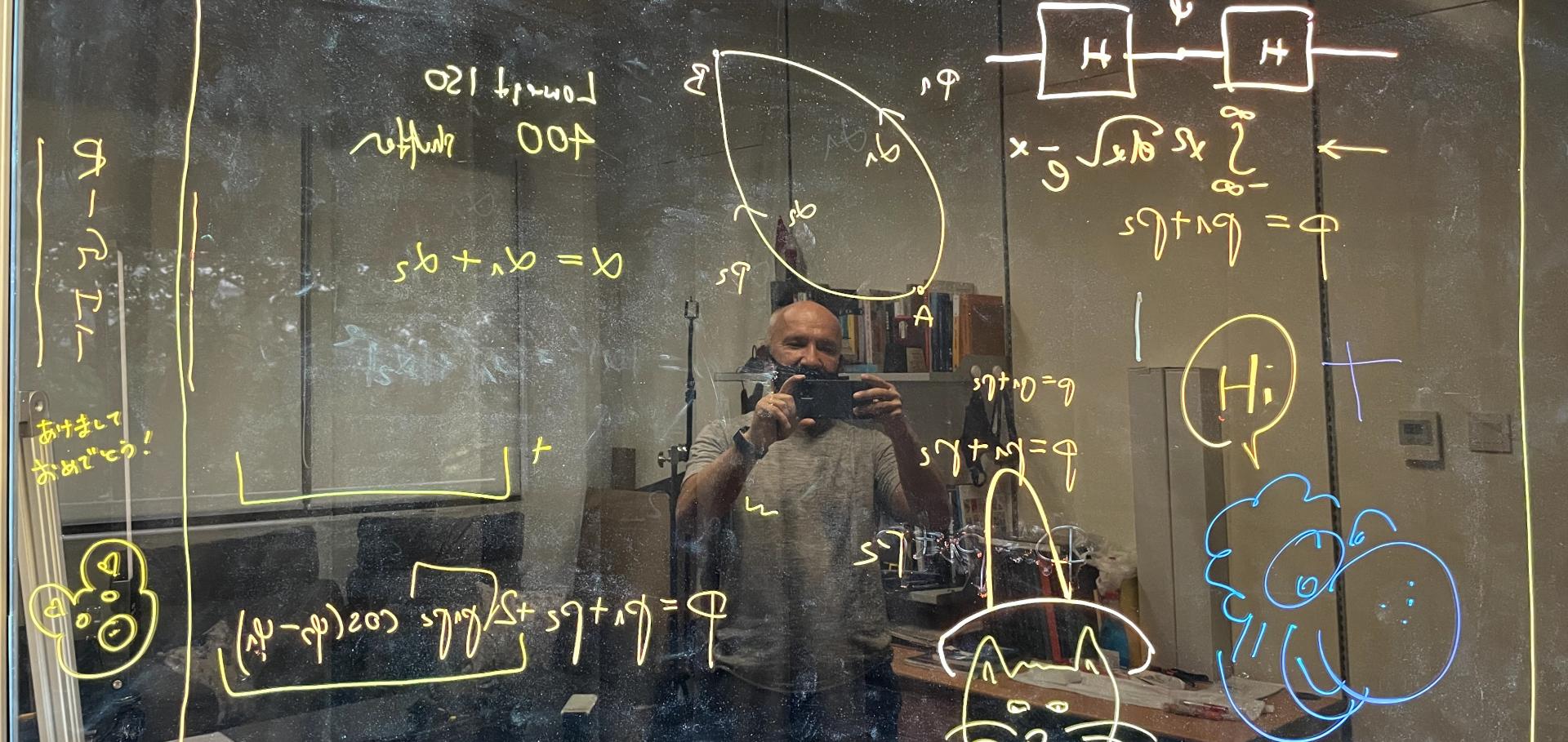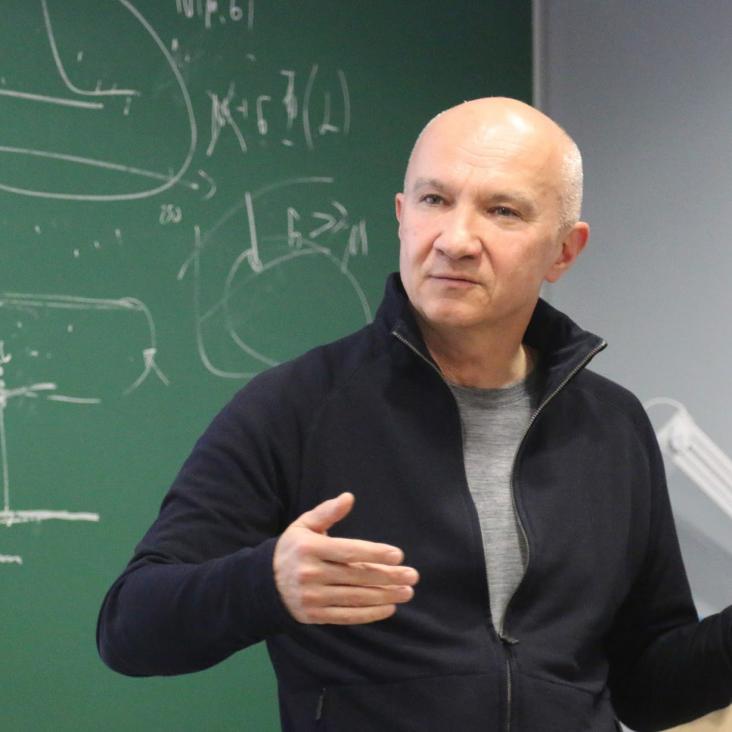Perfect state transfer in quantum spin networks.
Phys Rev Lett 92:18 (2004) 187902
Abstract:
We propose a class of qubit networks that admit the perfect state transfer of any quantum state in a fixed period of time. Unlike many other schemes for quantum computation and communication, these networks do not require qubit couplings to be switched on and off. When restricted to N-qubit spin networks of identical qubit couplings, we show that 2log3N is the maximal perfect communication distance for hypercube geometries. Moreover, if one allows fixed but different couplings between the qubits, then perfect state transfer can be achieved over arbitrarily long distances in a linear chain.Perfect State Transfer in Quantum Spin Networks.
Physical Review Letters 92:18 (2004) 187902
Improved algorithm for quantum separability and entanglement detection
ArXiv quant-ph/0403041 (2004)


